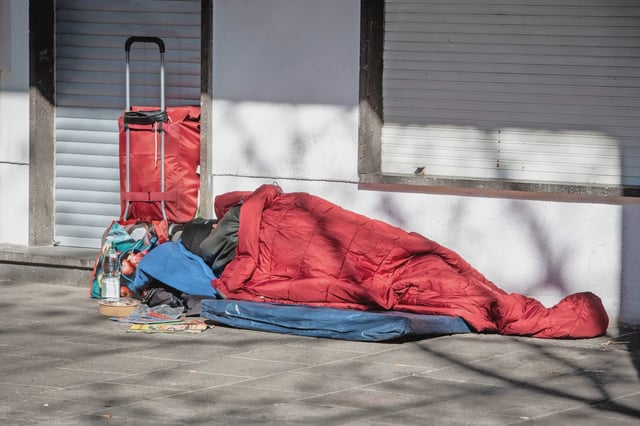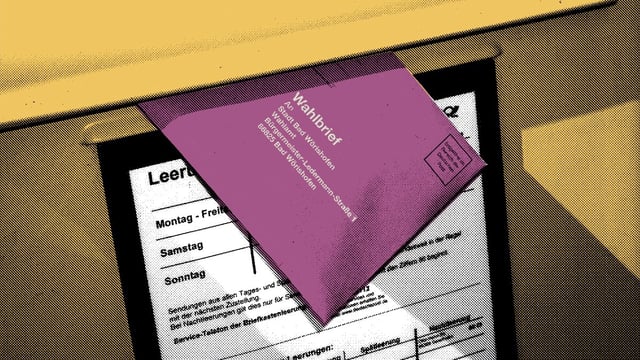Overview
- The early election was triggered after Chancellor Olaf Scholz lost a confidence vote, ending the SPD-led 'traffic light' coalition government.
- The CDU/CSU leads in polls, with Friedrich Merz seen as the frontrunner for the Chancellorship, while the SPD and Greens face declining support.
- The far-right AfD has gained ground in recent years but is excluded from coalition talks by other parties; the new Sahra Wagenknecht Alliance (BSW) has also entered the political scene.
- Berlin's electoral districts are closely watched, with competitive races for direct mandates and new candidates replacing high-profile figures like Kevin Kühnert and Gesine Lötzsch.
- Reforms to Germany's electoral system have reduced the Bundestag's size and changed rules for direct mandates, increasing the importance of second votes.



